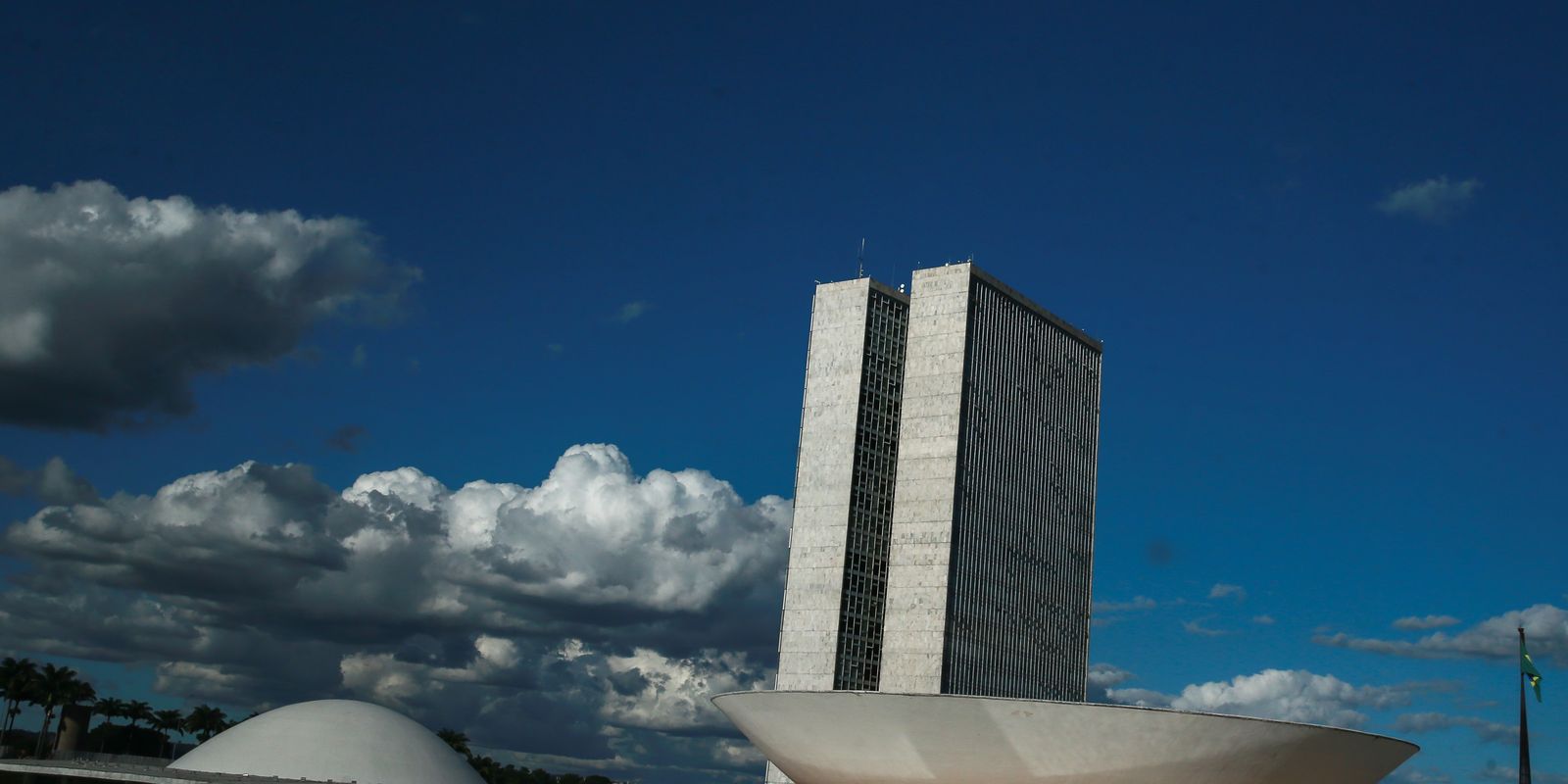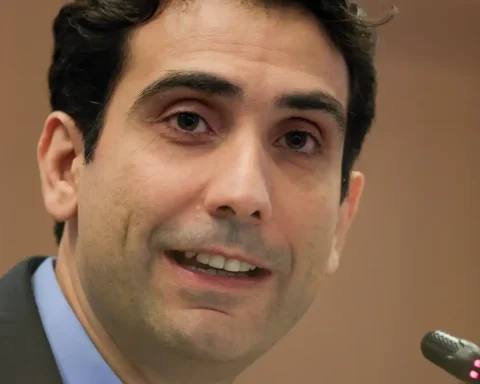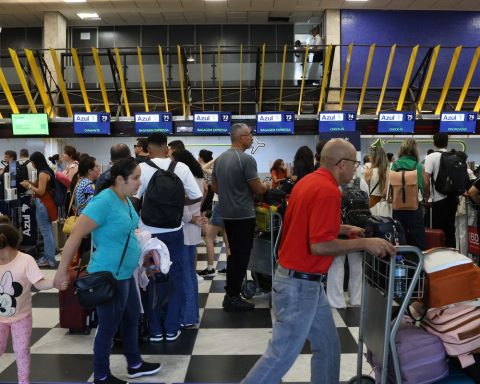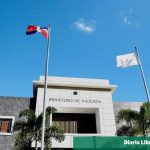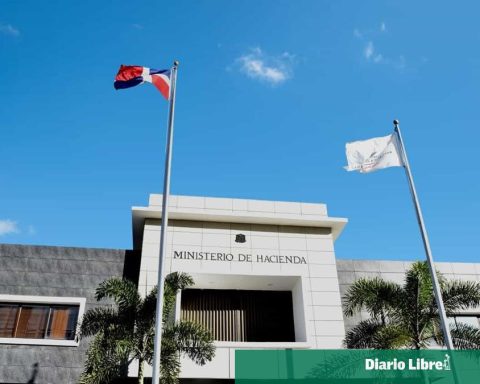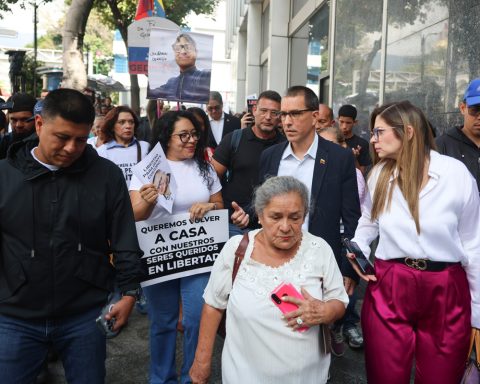The National Congress approved today (18), in a symbolic vote, the draft Budgetary Guidelines Law (LDO) of 2025 (PLN 3/24). THE report approved by the Mixed Budget Committee (CMO) yesterday (17), establishes, among other points, the forecast of a zero deficit target for Fiscal Budgets and Social Security in 2025. The text will now be sent to President Luiz Inácio Lula da Silva for be sanctioned.
The approved text establishes the tolerance margin in the fiscal target of 0.25 percentage points of the Gross Domestic Product (GDP) for more or less. In absolute values, the LDO predicts that the primary result could vary between a deficit of R$31 billion and a primary surplus of R$31 billion in 2025, considering the tolerance margin.
The companies of the Petrobras Group, the companies of the Grupo Empresa Brasileira de Participações em Energia Nuclear e Binacional (ENBPar) will not be considered in the primary deficit target; and the Investment Budget expenses allocated to the Growth Acceleration Program (New PAC), limited to R$5 billion.
Minimum wage
The text foresees an adjustment of the minimum wage to R$ 1,502 reais in 2025. valuehowever, can still be modified due to the spending cuts package sent by the government, which has not yet been voted on.
The opinion approved by the committee, reported by senator Confúcio Moura (MDB-RO), included 694 amendments to the text, which has around a thousand pages.
Party background and amendments
The congressmen changed the text approved by the Mixed Budget Committee in the points relating to the Special Fund for Financial Assistance to Political Parties, the Party Fund and the contingency of parliamentary amendments.
In relation to the Party Fund, the text approved by the commission established that the fund should be corrected according to the rules of the new fiscal framework in 2025, limited to up to 2.5% above the previous year’s inflation. With the change, the correction of the party fund will be made by the Broad National Consumer Price Index (IPCA).
Regarding parliamentary amendments, congressmen withdrew the provision for the government to contingency parliamentary amendments when necessary. Now, if the Executive wishes to limit the amendments, it must respect the same proportion applied to other discretionary expenses.
When presenting the changes, Confúcio Moura highlighted that he was against the changes, but said that he promoted changes due to an agreement between party leaders from both houses.
“It is a reference to the party fund. There is a corrected divergence in the executive’s message that the party fund would be corrected in the same proportion as the revenues of the Electoral Court. The party leaders did not agree,” he said. “If there is a contingency on Executive expenses, they will not affect parliamentary amendments”, he explained.
For special transfer parliamentary amendments, the so-called Pix amendments, Confúcio Moura’s report was maintained, determining that the work plan be informed in advance, with the object and value of the transfer. The lack of a plan may result in suspension of the implementation of the amendment. Another LDO rule provides that federal transfers to municipalities with a population of less than 65 thousand inhabitants that are in default will not be prohibited.
Furthermore, the report included a list of 16 types of expenses that cannot be contingency, that is, frozen in the 2025 Budget.
They are:
– promotion of regional development through resources raised by the Manaus Free Trade Zone Superintendence;
– expenses related to Maritime Professional Education; the implementation of the Integrated Border Monitoring System; expenses from the National Forestry Development Fund;
– expenses with analyzes for granting mining titles and monitoring the mining of strategic mineral resources; acquisition and distribution of food from family farming;
– agricultural defense; economic subsidy for rural insurance premiums;
– expenses with protection, promotion and support for indigenous populations;
– protection program for human rights defenders, communicators and environmentalists;
– protection program for children and adolescents threatened with death;
– protection program for threatened victims and witnesses;
– National Fund for Children and Adolescents; National Fund for the Elderly;
– Telecommunications Services Universalization Fund; expenses for the prevention and mitigation of natural disasters.
Some budget expenses were protected from spending restrictions over the next year, preventing the federal government from cutting these expenses to meet the fiscal target.
Expenses that cannot be frozen include:
– Border System;
– National Forestry Development Fund;
– Superintendency of the Manaus Free Trade Zone (Suframa);
– support for indigenous populations; National Fund for Children and Adolescents;
– National Fund for the Elderly;
– analyzes for the granting of mining titles with supervision of the mining of strategic mineral resources;
– acquisition and distribution of food from family farming to promote food and nutritional security;
– agricultural defense; rural insurance; and others.
Extraordinary credits
The National Congress also approved several projects that open extraordinary credits to the 2024 Budget, totaling R$5.7 billion. The texts are subject to presidential approval.
Among them are the one that opens the Union’s Fiscal Budget, in favor of the Ministries of Justice and Public Security, Transport, and Ports and Airports, and Official Credit Operations, a special credit worth R$4.031 billion.
The Ports and Airports department also received additional credit of R$15.4 million.
The opening of additional credit of R$227 million for the Ministry of Agrarian Development and Family Farming, destined for the National Institute of Colonization and Agrarian Reform (Incra), and R$79 million for the Ministries of Foreign Affairs and Development was also approved. and Social Assistance, Family and Fight Against Hunger.
Additional credits were opened for: the Federal Audit Court and the Federal and Electoral Courts, in the amount of R$33 million; Federal Public Ministry, in the amount of R$25.5 million; Companhia Docas do Rio Grande do Norte, worth R$16 million; of R$553 million for the companies Araucária Nitrogenados SA, Petrobras Biocombustível SA and Petróleo Brasileiro SA
The Federal and Electoral Courts, together with the Labor Court and the National Justice Council (CNJ), also received another credit worth R$286.9 million approved in two requests for opening additional credit.
Congressmen approved supplementary credits for several public companies. There were R$200 million to be divided between Banco da Amazônia (Basa), Eletrobras Termonuclear, Petrobras Biocombustível, Companhia Docas do Ceará, and the Brazilian Airport Infrastructure Company (Infraero).
Credits worth R$552.8 million were also approved for companies in the Petrobras group. The majority of the investments will benefit Araucária Nitrogenados, a Petrobras subsidiary that produces fertilizers; and 67.3 million for investments abroad by the Petrobras branch in the Netherlands
Congressmen approved changes to the 2024-2027 Multi-Year Plan (PPA) to change the higher education enrollment target for young people between 18 and 24 years old.
The objective is to make adjustments to the forecast, which goes from 43.4% in 2027 to 42.6%. In 2022, this rate was 38.53%. The text also includes the Entrepreneurship and Socioproductive Inclusion program in the PPA, which has as one of its objectives to reduce the time for opening companies from 26 hours to 5 hours in 2027.
